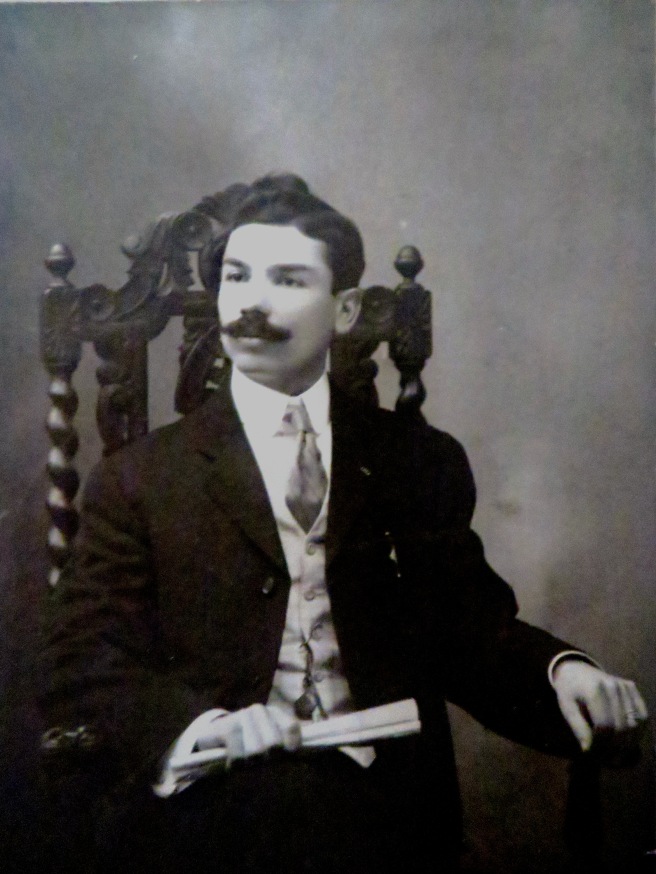THE OPERA BUFF
I grew up with the sound of opera in my Grandparents’ home in Brooklyn, NY, on West 5th Street, between Avenue U and Avenue T; the home I spent my first 8 years in. Our family would gather sometimes by the Victrola, which was what a record player was called then, or in front of the TV set to share a night at the opera or respectfully remain quiet on a Saturday afternoon when Grandpa listened enraptured, sometimes breaking into tears, to a direct broadcast from the Metropolitan Opera house on radio. Few neighbors ever complained, though the windows were wide open in summertime and the opera blared into the neighborhood.


